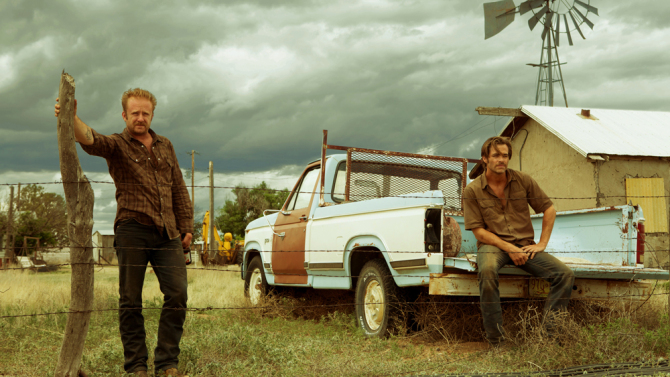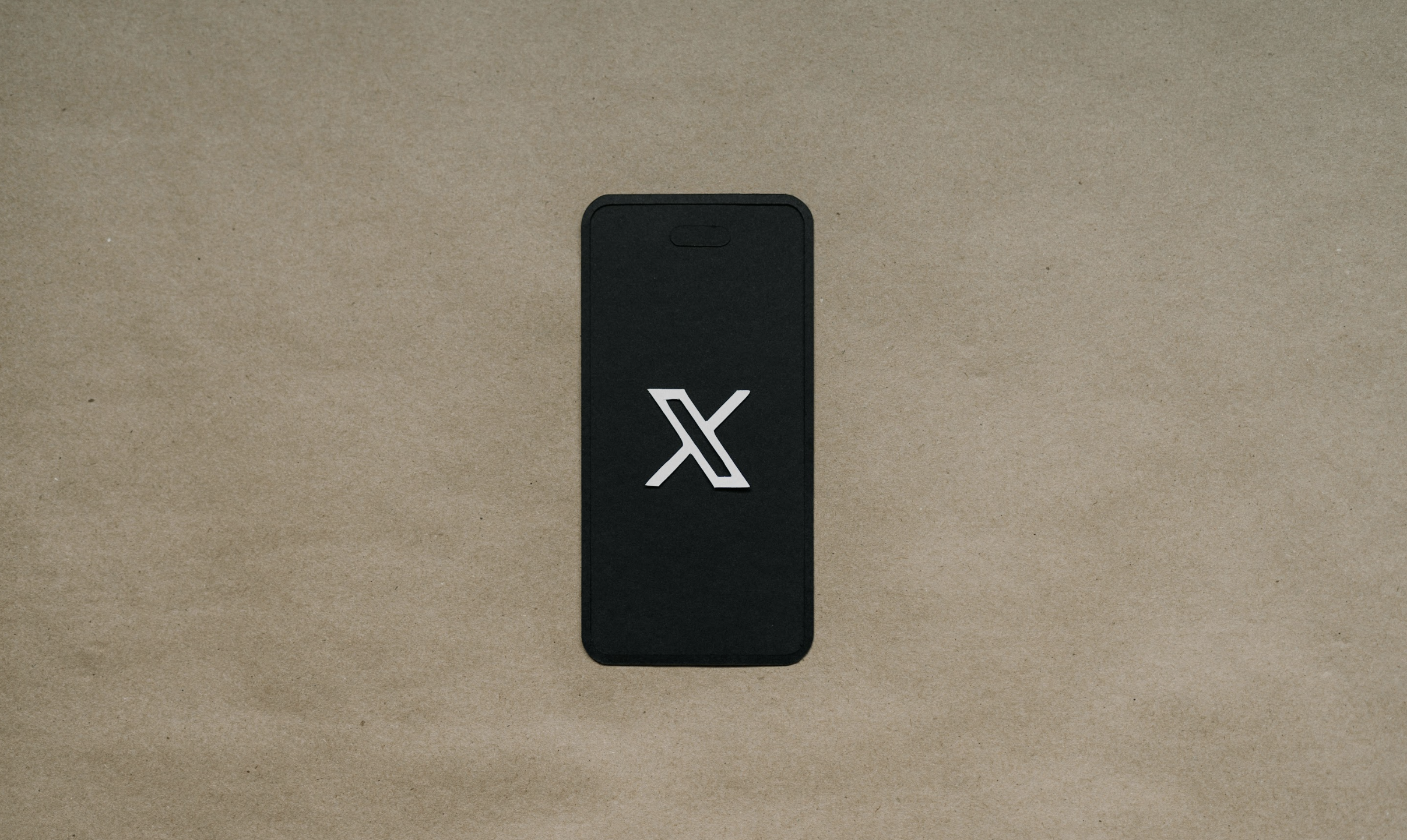
Ben Foster (left) and Chris Pine star in Hell or High Water, a slow burn of a Western you shouldn’t miss. Credit CBS Films
“Patience is a virtue that I don’t possess, and I can’t deny that heaven lies beneath a cotton dress.”
So sings Ray Wylie Hubbard over the opening titles of David Mackenzie’s Hell or High Water, a confident foray into the well-worn cinematic territory of lawlessness and justice in the West. But while Hubbard may lack that aforementioned patience, it’s to Mackenzie’s credit that he sees the virtue in keeping it steady, making Hell or High Water a slow burn that’s worth savouring, a stark portrayal of a forgotten America, and arguably the best film of 2016.
The film follows the exploits of two brothers, Toby and Tanner Howard (played by Chris Pine and Ben Foster, respectively), as they carry out a series of bank robberies. The pair face foreclosure on their deceased mother’s ranch, conveniently located on top of a treasure trove of oil; Toby plans to repay the debt and avoid foreclosure, and by selling the oil rights, afford a better life for his ex-wife and estranged sons. And so off they go, robbing banks up and down the state of Texas, all while being pursued by a soon-to-be retired Texas Ranger, Marcus Hamilton (played by an impeccable Jeff Bridges).
If that sounds like familiar territory, it is. Hell or High Water finds kinship in films like No Country for Old Men—particularly how both portray the expansive yet desolate landscape of Texas and New Mexico. There’s no opportunity or American dream left in these lands. But whereas the latter film uses the landscape as the backdrop for a tale of brutal violence, nihilism, and a lawful man trying to reconcile with a lawless world, the former uses its setting, marked by abandoned factories and by roadside billboards peddling fast cash and debt-relief, to show the ramifications of, as Kaleb Horton writes on MTV.com, America’s “rush to modernity.”
And whereas one may be hard pressed to empathize with Josh Brolin’s character in No Country, there’s a sympathy for the characters in High Water. These men are trying, and failing, to get by in a world that’s left them behind. But even when Tanner and Toby are at odds, pissing at each other like brothers do, their bond carries them through. Early in the film, Tanner says nobody gets away with what they’re trying to pull, to which Toby asks, “then why in the hell did you agree to do it?”
“Because you asked, little brother.” Blood is thicker than water, as they say. And there’s much of it to come when the film rolls onto its inevitable climax.
Much has been said, and will be said, about the film’s resonance in light of the U.S. election, especially as awards season kicks into gear. (As I write this, Hell or High Water has garnered three Golden Globe nominations. The Academy is sure to follow suit.) As Horton writes, the film is “a meditation on the America so many of us know but so few of us talk about, the America where people don’t get by, where people rob banks for $5000.” That sounds an awful lot like the America that turned out for Donald Trump in droves, rejecting a system that failed them for somebody that promises to help them, to hear them, and remember them.
But as the end of Hell or High Water shows, even when it seems like you’ve won, you’ve lost. Trump isn’t going to fix things, try as he might to say otherwise. And the banks will always win, no matter how much you rob them.







